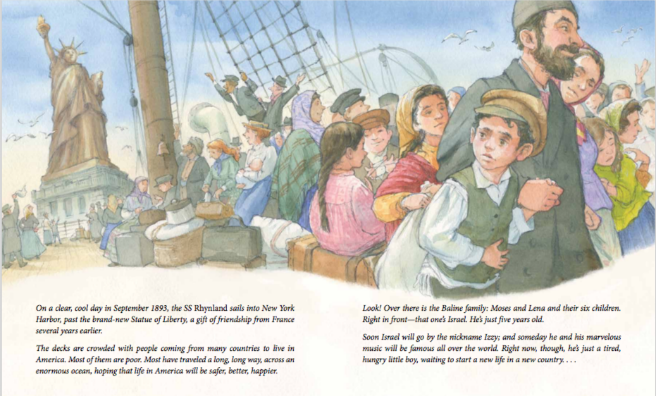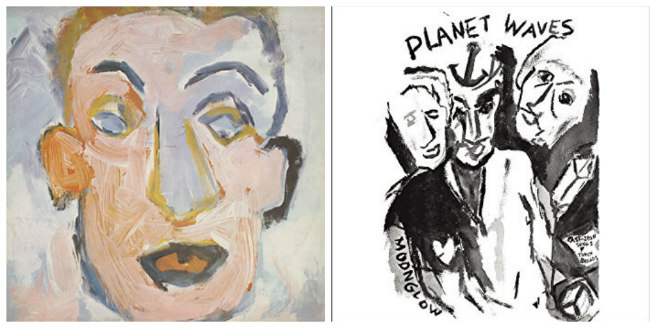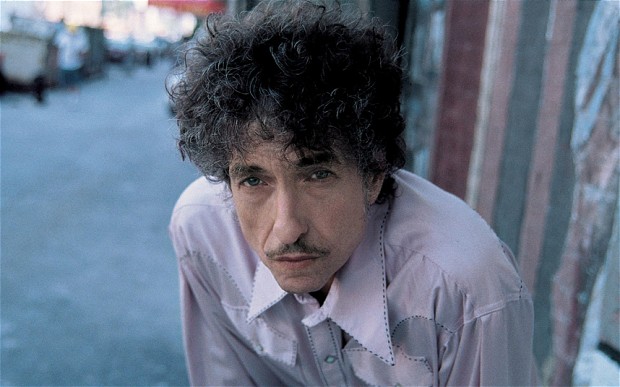“Blue skies, smiling at me, nothing but blue skies do I see.” ~ Irving Berlin (1926)

If you’re American (or a music lover anywhere else in the world), you probably know Irving Berlin’s music — even if you don’t think you do. He wrote for and about us — the average American citizen — whom he considered to be “the real soul of the country.” He wrote from the heart, easily capturing ours. George Gershwin considered Berlin to be the greatest songwriter who ever lived.
His songs are exquisite cameos of perfection, and each one of them is as beautiful as its neighbor. Irving Berlin remains, I think, America’s Schubert. But apart from his genuine talent for song-writing, Irving Berlin has had a greater influence upon American music than any other one man. It was Irving Berlin who was the very first to have created a real, inherent American music.
At Berlin’s 100th Birthday Celebration at Carnegie Hall in 1988, Walter Cronkite said:
[Berlin] helped write the story of this country, capturing the best of who we are and the dreams that shape our lives.
 So when we celebrate major holidays, Berlin is there (“Easter Parade,” “White Christmas”). He’s with us when we watch a classic musical on the telly (“Top Hat,” “Puttin’ on the Ritz,” “Annie Get Your Gun”). Since many of America’s most popular singers have recorded a Berlin tune or two (Frank Sinatra, Barbra Streisand, Rosemary Clooney, Willie Nelson, Bing Crosby), all of us would have likely heard at least one of Berlin’s songs somewhere, sometime.
So when we celebrate major holidays, Berlin is there (“Easter Parade,” “White Christmas”). He’s with us when we watch a classic musical on the telly (“Top Hat,” “Puttin’ on the Ritz,” “Annie Get Your Gun”). Since many of America’s most popular singers have recorded a Berlin tune or two (Frank Sinatra, Barbra Streisand, Rosemary Clooney, Willie Nelson, Bing Crosby), all of us would have likely heard at least one of Berlin’s songs somewhere, sometime.
Most notably, whenever we gather to honor our men and women in uniform, we sing Berlin’s signature song, “God Bless America,” the lyrics of which we’ve known by heart since childhood.
Last month, a new picture book biography was released that introduces young readers to Berlin’s extraordinary life and legacy. Write On, Irving Berlin! by Leslie Kimmelman and David C. Gardner (Sleeping Bear Press, 2018), traces Berlin’s life from the time he arrived in America with his family in 1893 until his death at age 101. He wrote some 1500 songs, comprising a substantial part of the Great American Songbook.











